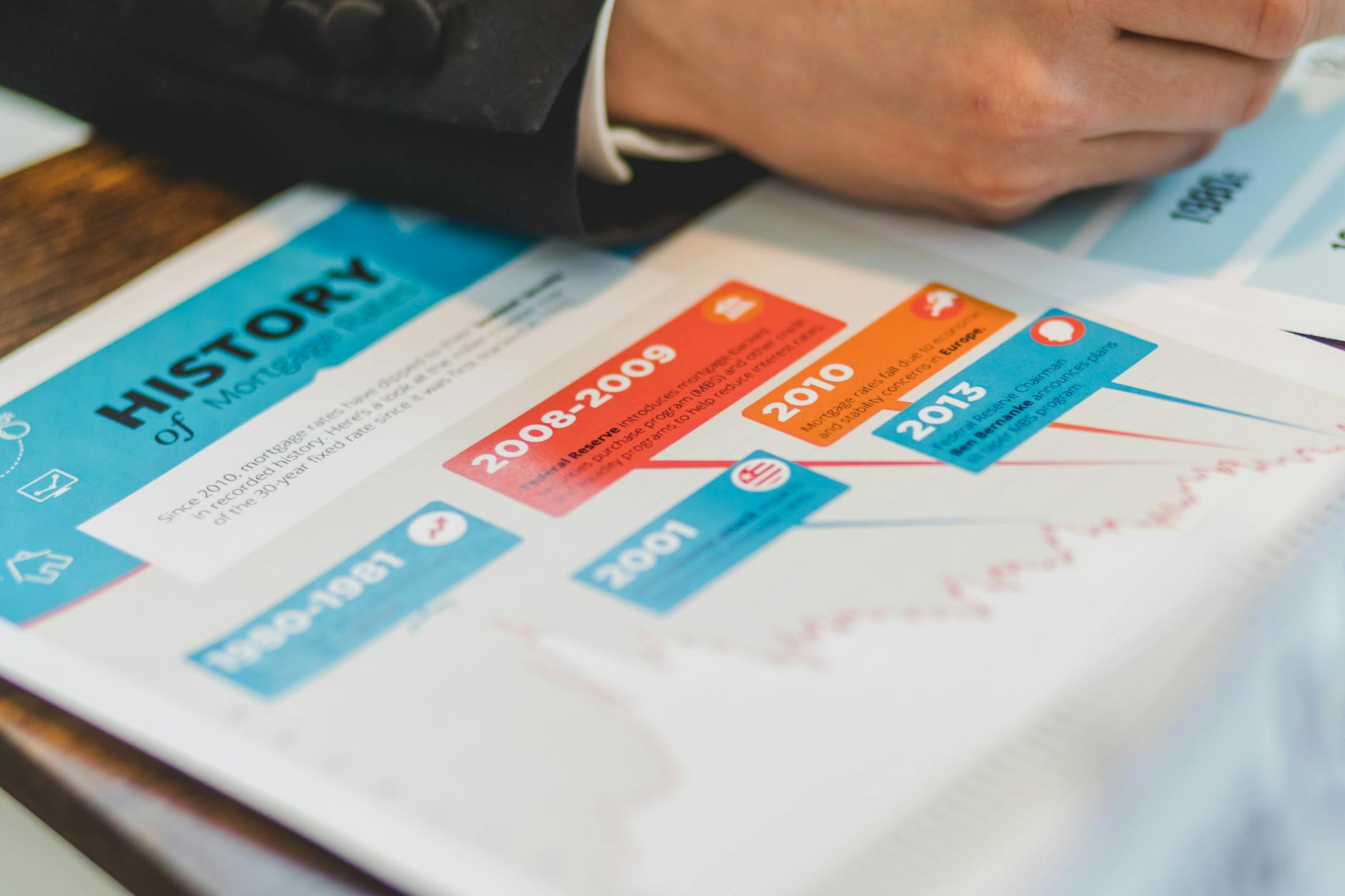Navigating the Latest Trends and Forecasts in Real Estate Market Investment
Navigating the latest trends and forecasts in real estate market investment
The real estate market is constantly evolving, influenced by economic shifts, technological advances, and changing consumer preferences. For investors, staying ahead of these trends is crucial to making informed decisions and maximizing returns. This article explores the latest developments shaping real estate investment, offering insights into market dynamics, emerging opportunities, and potential risks. From the rise of sustainable properties to the impact of remote work on commercial spaces, understanding how these factors interact provides a comprehensive view of the investment landscape. Whether you are a seasoned investor or just entering the market, navigating current trends and future forecasts will empower you to adapt and succeed in a competitive environment.
The impact of economic indicators on real estate investment
Economic indicators are fundamental in assessing the health and direction of real estate markets. Interest rates, inflation, employment rates, and GDP growth all play pivotal roles. Low-interest rates typically make borrowing more affordable, encouraging property purchases and development. Conversely, rising inflation may increase construction costs and influence rental prices. Monitoring unemployment rates helps investors gauge demand for residential and commercial properties, as job growth often corresponds to increased housing needs. Understanding these indicators enables investors to anticipate market cycles, adjust strategies, and identify the best timing for acquisitions or sales.
Technology and innovation driving market transformation
Technological advancements are reshaping real estate investing in multiple ways. Proptech innovations, such as blockchain for property transactions, AI-driven analytics, and virtual reality tours, enhance transparency and efficiency. These tools help investors better evaluate opportunities and streamline management. Additionally, the rise of smart buildings equipped with IoT devices improves property desirability by optimizing energy use and security. The integration of technology not only reduces operational costs but also attracts a new generation of tech-savvy tenants, making it a critical factor for long-term investment value.
Sustainability and green building trends
Environmental consciousness has become a significant driver in real estate investment decisions. Sustainable buildings that emphasize energy efficiency, reduced carbon footprints, and eco-friendly materials are increasingly sought after by both tenants and investors. Governments worldwide are introducing stricter regulations and incentives for green construction, making sustainability a necessary consideration rather than just a preference. Properties with certifications like LEED or WELL tend to maintain higher occupancy rates and command premium rents, reflecting their long-term viability and appeal in a marketplace where environmental responsibility is prioritized.
The evolving landscape of residential and commercial demand
Post-pandemic shifts have redefined demand patterns across residential and commercial real estate. Remote and hybrid work models have decreased the need for traditional office spaces, prompting investors to reconsider commercial property portfolios or repurpose spaces. Meanwhile, residential markets have seen increased interest in suburban and smaller urban areas as buyers seek more space and affordability. Multifamily properties and mixed-use developments are thriving as they cater to these changing lifestyles. Staying attuned to these demand trends helps investors allocate resources effectively and identify emerging growth sectors.
| Trend/Indicator | Impact on investment | Future forecast |
|---|---|---|
| Interest rates | Influence borrowing costs and property prices | Moderate increases expected, encouraging selective investment |
| Proptech adoption | Improves market transparency and operational efficiency | Widespread integration likely, driving smarter investments |
| Sustainability | Enhances asset value and tenant appeal | Regulations and demand to accelerate green building projects |
| Remote work | Reduces traditional office space demand; boosts residential suburban growth | Continued impact with gradual commercial space reinvention |
Conclusion
In summary, real estate market investment today demands a keen understanding of interconnected trends and forecasts. Economic indicators remain central to timing and strategy, while technology is revolutionizing how investors analyze and manage assets. The rising importance of sustainability reshapes property values and compliance requirements, presenting both challenges and opportunities. Meanwhile, evolving residential and commercial demand patterns reflect broader societal changes that investors cannot ignore. By integrating these insights, investors can navigate the complexities of the market more confidently and position themselves for sustainable growth. Staying informed and agile is the key to capitalizing on the dynamic nature of real estate investments in the years ahead.
Image by: RDNE Stock project
https://www.pexels.com/@rdne
editor's pick
latest video
news via inbox
Nulla turp dis cursus. Integer liberos euismod pretium faucibua

